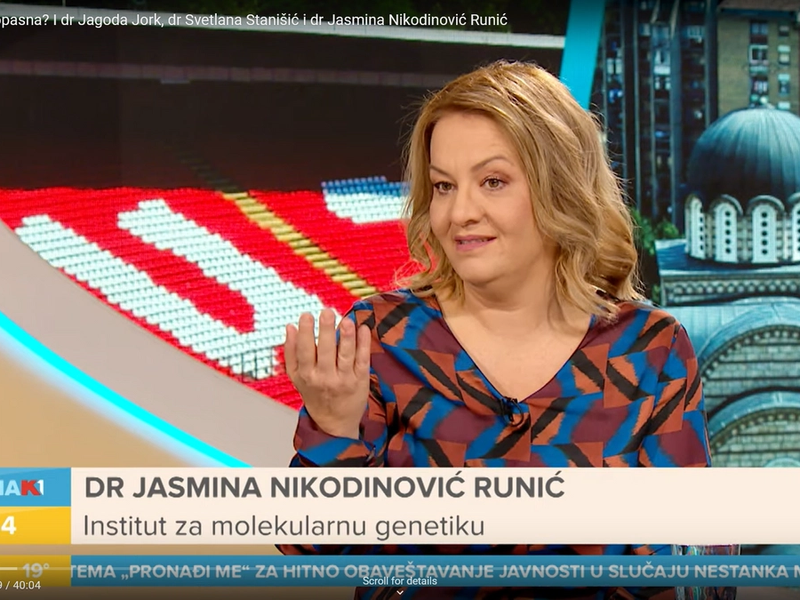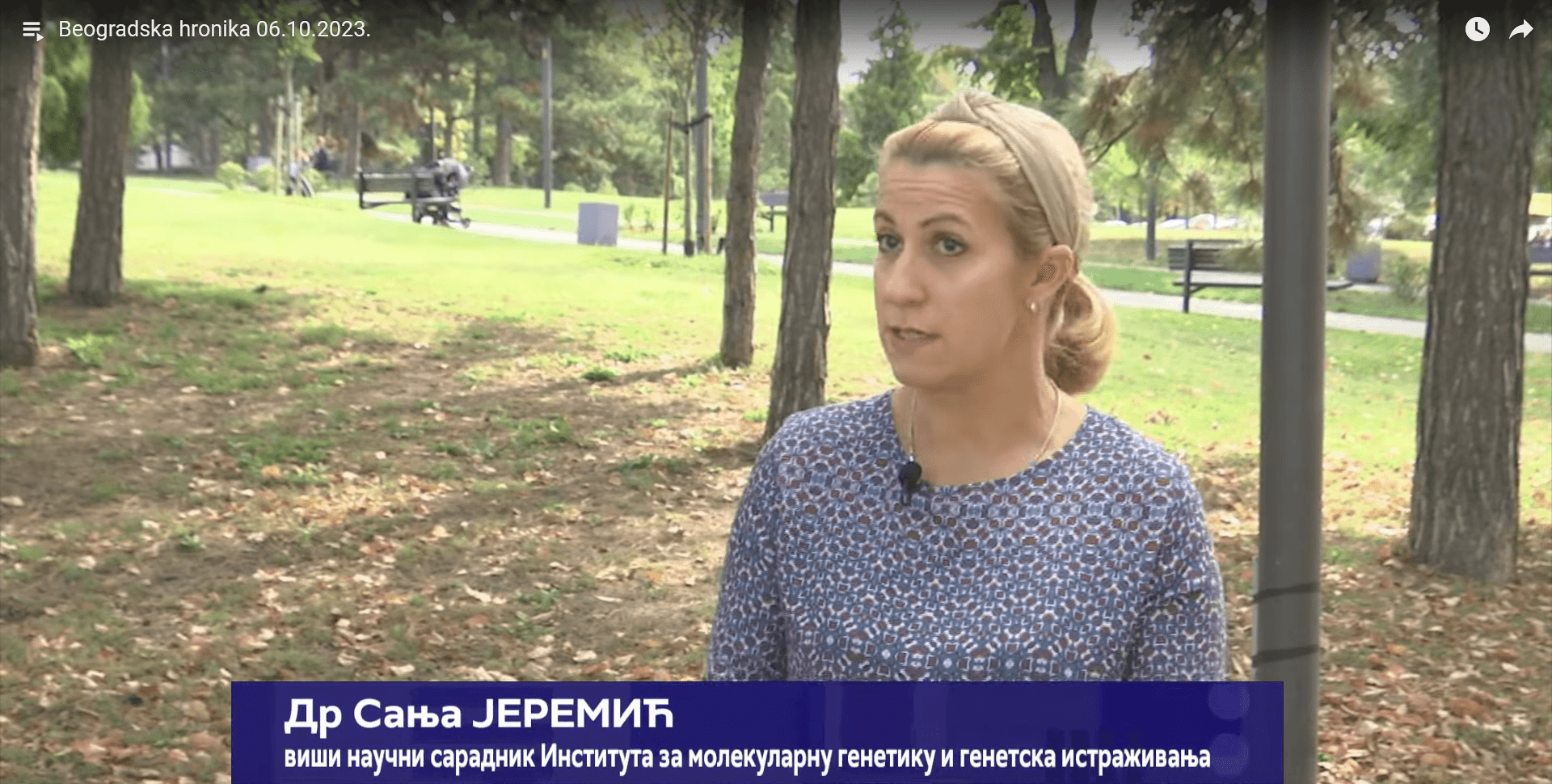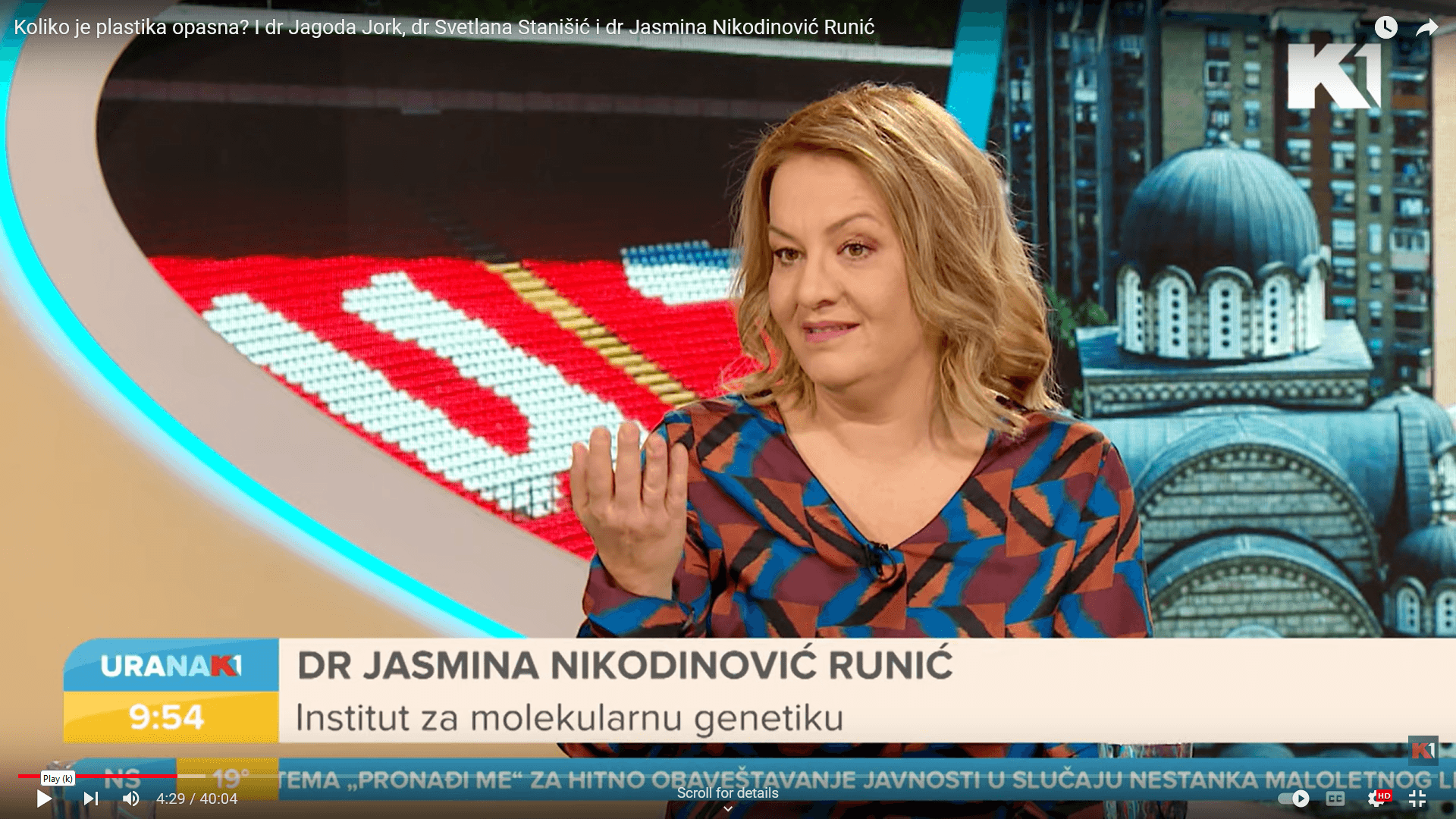EcoPlastiC and Microplastics – what does the future hold?

The European Commission is persistent in fighting microplastics (MPs) pollution, as stated in the European Green Deal and the Circular Economy Action Plan. In the Zero Pollution Action Plan the EC set the target to reduce MPs pollution by 30% by 2030.
On 25 September 2023, the European Commission took a large step towards assuring a greener future and adopted measures that restrict MPs that are intentionally added to products, which was done under the EU chemical legislation REACH (Registration, Evaluation, Authorization and Restriction of Chemicals). In this restriction, MPs were broadly defined as synthetic polymer particles below five millimeters that are organic, insoluble, and resist degradation. Products affected by this restriction include the granular infill material from artificial sports surfaces, cosmetics, detergents, fabric softeners, glitter, toys, and others, with a window of 8 years for the manufacturers to find greener alternatives. It is estimated that the release of MPs will decrease by 500,000 tons with these new rules. More information on the subject and the original EC article can be found here.
This was an important topic for the media, and our partners from IMGGE in Serbia were invited to give their expert opinions and outlooks on these restrictions.
Dr Sanja Jeremic was a speaker for “Beogradska hronika” on 6 October 2023 on the Serbian national television ‘RTS1’. Watch the full broadcast here (the section on MPs is from 31:45 to 34:43 in Serbian language)

Dr Sanja Jeremic was a guest at the radio show “Magazin na Prvom” on 18 October 2023 on the Serbian national radio ‘Radio Belgrade 1’. Listen to the full broadcast here (the section on MPs is from 57:53 to 1:19:50 in Serbian language)
Dr Jasmina Nikodinovic-Runic was a guest at the live television show “Uranak” with the topic “How dangerous is plastic?” on 25 October 2023 on the Serbian national television ‘K1’. Watch the full broadcast here in Serbian language

In addition, the EC is dedicated to reducing plastic pollution from different sources, such as plastic waste and litter, accidental and unintentional releases, and intentional uses in products. This MPs regulation reminded us that we need to tackle the issue of plastic pollution from many angles, and the EcoPlastiC project is an excellent instance since we are contributing to the EC action plans and focusing on the same types of wastes, including lower-grade PET and mixed recalcitrant PET plastic waste, and thus contributing to minimization of MPs released from post-consumer plastics.